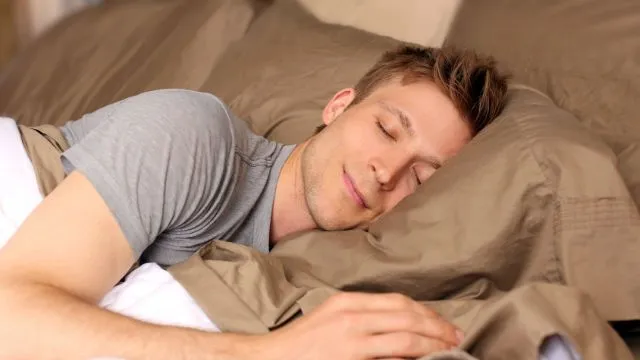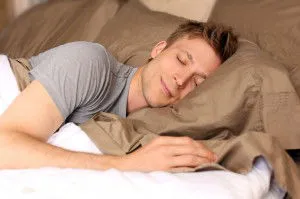
- Share on Facebook89
- Share on Pinterest
- Share on Twitter
Getting a good night’s sleep is one of the most important things you can do for your health. The body uses this time to repair and restore itself, which means that quality rest can ensure that your brain continues to function properly, allowing you to solve problems, remain emotionally stable, make good decisions, cope with change and even to be creative.
A lack of sleep affects physical health in just as many ways. Your immune system relies on sleep to stay healthy – if it’s weakened due to insufficient sleep, you’ll be more prone to common infections. You’ll be at greater risk of obesity as well as diabetes, as sleep affects how the body reacts to insulin, the hormone that controls your blood sugar levels. Ongoing sleep deficiency has also been associated with an increased risk of high blood pressure, kidney disease, heart disease and stroke.
If you’re having problems sleeping, avoid an instant fix like sleeping pills which can be addictive and often come with a long list of side effects.
Instead, learn to sleep well naturally. One of the best ways to do this is to follow a regular sleep schedule, which reinforces the body’s sleep and wake rhythm, making it easier to fall asleep and stay asleep, and creating a relaxing bedtime routine that will help you to do just that.
Set the stage for a better night’s sleep during the day by spending at least 20 minutes outside in the sun. This helps to set your body’s circadian rhythm through its effect on hormone and endocrine systems. Exercising regularly will help you sleep better too, but don’t workout too close to bedtime – ideally, you should finish at least three hours before you plan to hit the pillow. Avoid alcohol and caffeine in the evening, as both can negatively affect sleep.
These tips can help you create an ideal bedtime routine that will induce a better night’s sleep.
Wind down early. Avoid high-stimulus activities an hour before bedtime. Shut down all electronics, including the TV, computer and your smartphone to allow the mind to transition from work to sleep mode.
Promote relaxation. Take that last hour of the day to enjoy a warm bath, meditate, read a good book or anything else that calms and relaxes the mind. Doing some deep breathing or slow stretches helps to induce better sleep, as can sipping a cup of chamomile tea. Be sure to dim the lights to induce the production of melatonin, the hormone responsible for helping you to fall and to stay asleep.
 Keep your bedroom dark and cool. When you’re ready for bed, make sure your room is dark as the presence of light interferes with the body’s ability to produce melatonin. Shut the blinds, and turn off or cover any lights, no matter how small, such as a blinking light on your laptop or a DVD player. You’ll also sleep better in a cooler environment, so you may want to turn your thermostat down five to ten degrees below the daytime setting to help ease your body into rest mode.
Keep your bedroom dark and cool. When you’re ready for bed, make sure your room is dark as the presence of light interferes with the body’s ability to produce melatonin. Shut the blinds, and turn off or cover any lights, no matter how small, such as a blinking light on your laptop or a DVD player. You’ll also sleep better in a cooler environment, so you may want to turn your thermostat down five to ten degrees below the daytime setting to help ease your body into rest mode.
Block out noise. Be sure that anything that can make a noise is turned off. During a light sleep cycle, even a phone’s vibrating sound might wake you. If you need to, sleep with earplugs or use a white noise machine.
Developing a bedtime routine that will help you get your ZZZs just might be one of the best things you can do for your health and well-being.
-The Alternative Daily
Sources:
http://www.nhlbi.nih.gov/health/health-topics/topics/sdd/why.html
http://www.everydayhealth.com/health-report/better-sleep/creating-a-good-bedtime-routine.aspx
- Share on Facebook89
- Share on Pinterest
- Share on Twitter

